Sleep in Recovery
The Dangers of Poor Sleep
The CDC reports (2014) that about 35% of the adult U.S. population is receiving less than the recommended 7 hours of sleep a night. While this may not appear to be an immediate cause for concern, receiving inadequate sleep at night has been newly classified as increasing the risk of developing cancer from the World Health Organization, and is linked with Alzheimer’s disease, depression, anxiety, obesity, stroke, chronic pain, diabetes and heart attacks, among other medical conditions. This is in addition to contributing to a sleep-deprived person’s irritability, impaired mental functions, and lowered immune defenses.
It is well documented that any substance use (let alone continual patterns of substance addiction) can exacerbate sleep difficulties, however for those in recovery, this also presents a risk factor for relapse. One documented study found that people with an active substance abuse disorder are five to ten times more likely to develop a sleep disorder and, according to another, five times higher in early recovery to experience insomnia than the general population.
Why Are We Not Getting the Sleep We Need?
According to neuroscientist and self- proclaimed “sleep diplomat” Matthew Walker, the reasons are obvious, and involve both the popular perception in today’s culture of sleep, as well as the effect of light on our circadian rhythms. Walker states, “First, we electrified the night. Light is a profound degrader of our sleep.” For the general population this refers to the blue light emitted by electronic devices (i.e. phones, laptops, etc.) used to pacify us nearly every waking moment, as well as no longer being dependent on the natural cycles of the sun. For those in recovery the stakes are higher, as often their time spent in active addiction has disrupted any semblance of sleep hygiene (i.e. not having regular routines and using psychoactive substances that negate sleep’s restorative qualities). In this way, proper sleep becomes repeatedly and habitually interrupted by chemical use.
Second, Walker highlights the issue of work-life balance, and the poor boundaries often sensationalized by popular media. It appears these days that needing to sleep eight hours a night is perceived as weak or lazy, and often people wear the ability to survive on limited amounts as a badge of honor. In our attempts to “have it all”, giving up time with family or with entertainment does not feel like an option, and thus our commitment to quality sleep so often suffers the cost.
Why is Sleep Important in Recovery?
Sleep is restorative. While you are asleep, your entire body is working to restore and prepare you for the next day. Physically, there is not one bodily process within the brain or major organ that does not benefit from sleep, or conversely, is detrimentally impaired when it does not receive enough.
While sleeping, your brain is forming new pathways that will help you learn and remember information, pay attention and be creative. In recovery, sleeping helps to translate newly learned information into long term practices, and make choices needed for sobriety.
You are less irritable and less reactive with healthy sleep. With appropriate sleep, you are more likely to be able to control your moods, and exercise more agency in making decisions, solving problems, controlling emotions and behaviors, and coping with change.
Sleep leads to less impulsive behaviors. Chronically sleep-deprived individuals in recovery are more likely to engage in risky behavior reminiscent of relapse. In fact, studies show that sleep problems, whether subjectively reported or objectively studied, are strong predictors of relapse. However, research also indicates that after receiving a good night’s sleep, you are less likely to be impulsive and act in ways not conducive to sobriety.
Healthy Sleep Practices
Establish a routine for waking up and going to bed at the same time every day, even on weekends.
Engage in mindfulness-based meditations or relaxation strategies throughout the day, and also as you drift into sleep.
Avoid stimulants such as caffeine, nicotine as well as stimulating behavior like exercising before bed.
Turn off all screens about an hour before bed, and do something quiet and relaxing.
Keep your bedroom temperature cool. (Recommended about 65 degrees Fahrenheit is optimal)
If you find your having a difficult time with your sleep and or would like to gain more understanding as to what your sleep patterns are, we recommend these apps:
Pillow pillow.app “Discover what makes your sleep patterns different. Learn more about what affects your sleep and how to make better decisions to improve your sleep quality.”
Calm try.calm.com “Explore Sleep Stories, sounds, and guided meditations.”
Headspace: headspace.com “Sleep more soundly every night with bedtime meditations, exercises, and relaxing sounds.”
Whatever the reason sleep seems to be eluding you these days, we at Peace Club are here to help you get your sleep, as well as the rest of your life back on track. Contact us today at 321.423.1212 to learn more about us, our programs and services, and how we can best help you in your journey.


